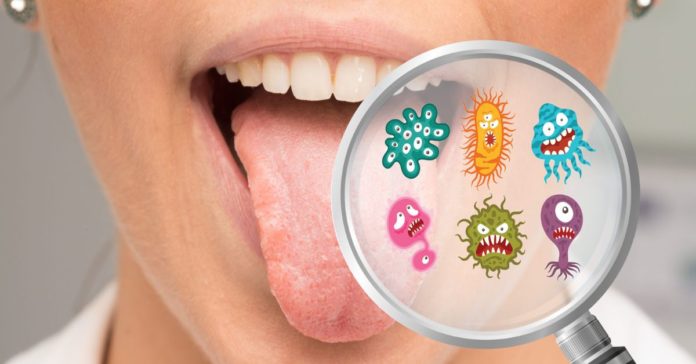Your soft palate is situated at the upper portion of the back of your mouth, behind your teeth Soft palate cancer develops in the cells of the soft palate. It can affect individuals of all age groups. However, some people may be at a higher risk of developing soft palate cancer than others. The treatment options for soft palate cancer are the same as those for other oral cancer types – chemotherapy, radiation therapy or surgery.
What is soft palate cancer?
Palate cancer is a cancer on the roof of your mouth. More often, palate cancer is a squamous cell carcinoma of the skin. In most cases, squamous cell carcinomas first develop as an ulcer and then advances further.
What are the symptoms of soft palate cancer?
- Difficulty swallowing food or liquids
- Bad breath
- Loose teeth
- Bleeding
- Difficulty speaking
- Pain in the ear
- Sores or ulcers in your mouth for a prolonged time
- Swelling in your neck region
- Mouth pain
- White patches in your mouth that do not go away
- Weight loss
What are the causes of soft palate cancer?
Soft palate cancer is caused by a genetic mutation in healthy cells. The mutation turns the healthy cells into abnormal cells. Usually, your healthy oral cells grow and multiply at a specific rate. On the other hand, abnormal cells grow and multiply rapidly, and they do not die. This leads to an accumulation of abnormal cells, resulting in a tumor.
What are the risk factors for soft palate cancer?
Certain factors can increase your risk of developing soft palate cancer, which are:
- Excess consumption of alcohol
- Using tobacco products
- Taking medications that suppress your immune system
- Being infected with the human papillomavirus (HPV)
When should you visit a doctor?
Consult a doctor if you start experiencing the signs and symptoms, as mentioned earlier, of soft palate cancer.
.
Call 1860-500-1066 to book an appointment.
What are the preventive measures for soft palate cancer?
The following preventive measures can help reduce your risks of developing soft palate cancer:
Do not use tobacco
If you do not use tobacco, do not start. If you use tobacco, consult a doctor to look for ways to stop it.
Reduce the consumption of alcohol
If you are a heavy drinker, reduce its usage. For example, healthy women can only drink up to one glass of alcohol, and healthy men can drink up to two glasses of alcohol in a day.
Get regular dental checkups
During your regular dental checks, a dentist will check for signs and symptoms of problems with your oral cavity.
What are the treatment options for soft palate cancer?
The treatment for soft palate cancer depends on various factors, such as the size and location of the tumor.
The standard treatment options include:
Radiation therapy
Radiation therapy makes use of beams of intense energy to kill cancer cells. It can be combined with other treatment options such as surgery or chemotherapy to treat all stages of soft palate cancer.
Chemotherapy
Chemotherapy uses drugs to kill cancer cells. It can be combined with radiation therapy for an effective treatment.
Surgery
Surgery involves removing all cancer cells from your oral cavity. In severe cases, where the cancer cells may spread to the lymph nodes of your neck, a surgeon may perform lymph node removal too.
Rehabilitative services
To restore the normal functions of your mouth, such as swallowing, you may need rehabilitative services after surgery or radiation therapy.
Conclusion
If you experience some symptoms for more than two weeks, immediately seek medical assistance. Preventing soft palate cancer is easier than treating it. You must also get an early diagnosis and proper treatment to avoid severe complications in the future.
Frequently Asked Questions (FAQs)
Is soft palate cancer curable?
Most types of oral cancer, including soft palate cancer, are usually curable if detected early .
Can soft palate cancer spread to other areas too?
Generally, cancer cells in the soft palate cancer first spread to the lymph nodes of your neck. Then, the cells metastasize to other areas in your body. Usually, your lung is the second level where cancer cells metastasize.
What is the survival rate for soft palate cancer?
People with soft palate cancer survive for five years or more. The earlier the stage at diagnosis, the higher the chances of survival after the treatment.
Can soft palate cancer develop in children?
Soft palate cancer can affect anyone. However, it is extremely rare in children.


















